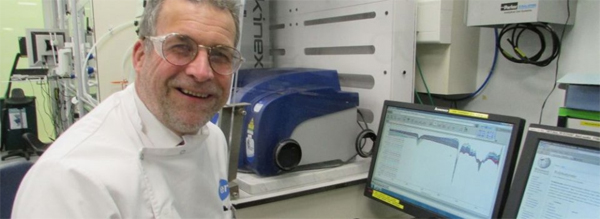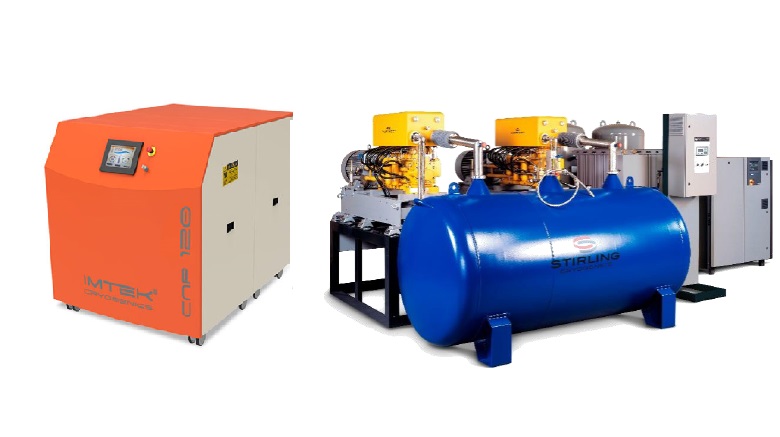
We are very lucky at Asynt to have a management team that doesn’t believe in the need for a huge amount of regulations or restrictions that prevent them from getting involved in really worthwhile projects within either our local community or the global chemistry/science community.
When Don Clark, an experienced analytical chemist at Pfizer in Kent, UK, mentioned his work in chemistry outreach projects we felt it was incredibly important to play our part and make a contribution where we could. We hope that our support will make a difference but, more importantly, wanted to tell you more about the projects that Don has been involved in.
Don has volunteered his time and his knowledge through several different education-based initiatives but has launched a number of programmes himself. Speaking to RSC.org recently for their 175th Anniversary celebrations he explained some of the thinking behind his motivation:
“The first is almost a feeling of social responsibility”, he says. “When I was at school and during my degree, there were lots of scientists who went the extra mile and that influenced me in wanting to do analytical chemistry. I’d like to give something back.”
Secondly, he talks about future benefit – as a chemist working in the pharmaceutical industry, Don is familiar with the lengthy process of developing a viable medicine and believes attracting the brightest minds is crucial to success. “These medicines are going to transform lives and in some cases, save lives, so at Pfizer, we want to generate the right environment to get students excited about STEM subjects.”
“Thirdly, It’s actually quite fun! I get real pleasure in seeing students go through that light bulb moment.”
In addition to working as a STEM Ambassador and volunteering with the Social Mobility Foundation, Don has set up two of his own initiatives that focus on supporting practical chemistry in schools.
Using a Pfizer budget for academic and community projects, Don launched ‘Lab in a Box’, a programme that allows schools to borrow high specification equipment, at no cost, for use in the classroom. Don and a group of volunteers run teacher training sessions after school to show them how to use the kit for any experiments they want to run. Teachers can add the training to their continuing professional development record, so there is a benefit to both staff and students. Beginning with a small DNA polymerase chain reaction machine, Don’s ‘Lab in a Box’ now includes an infrared spectrometer, a set of thermal imaging cameras and apparatus that enables schools to communicate with the educational satellite FUNcube.
His second project, ‘Community Lab’, grew with the help of a grant from the Analytical Chemistry Trust Fund, a fund that supports the activities of our Analytical Division. Don was able to purchase equipment, including a bench-top NMR machine and small infrared spectrometer, for the project, and Pfizer’s neighbours, East Kent College, house the equipment in their chemical sciences laboratory.
East Kent College are very supportive of Community Lab and have made lab sessions available so that schools will be able to come in and carry out experiments, using the equipment in an industrial standard laboratory. Don is working with a group of local teachers, supported by Kent and Medway STEM, and hopes to involve other Discovery Park companies in the project.
“We are hoping to formally launch at the end of June. The goal is that Community Lab will be up and running at the start of the academic year in September. Schools in the local community will be using facilities that they wouldn’t have at school and this is supported by real scientists that work on the site.”
Don is quick to also quick to praise the work of other STEM ambassadors at the site, saying: “Lots of them probably don’t get a huge amount of recognition, but the job that they do is essential, both from a company perspective and in inspiring students.”
Don’s advice for anyone interested in getting involved with chemistry outreach is to go for it. “I think it can open up avenues that you’ve maybe never thought about: meeting people, networking with them, at some point you’ll get a light bulb moment. A lot of people say ‘but my job doesn’t involve being in a lab’, and I tell them you don’t have to be in a lab. We have to present material in understandable chunks, we can’t blind people with rocket science.”
“I don’t know if I’ve been lucky or persistent, but I’m really proud of where Lab in a Box and Community Lab have got to. I can see no reason why the sort of thinking we’ve developed here couldn’t be replicated throughout the country. I think there are a lot more ways organisations can work together. We hear a lot about industry and academia finding those links around research but why can’t we do it in terms of inspiring others? I’m really excited by it all and if we can get more people on board it will be even better.”




